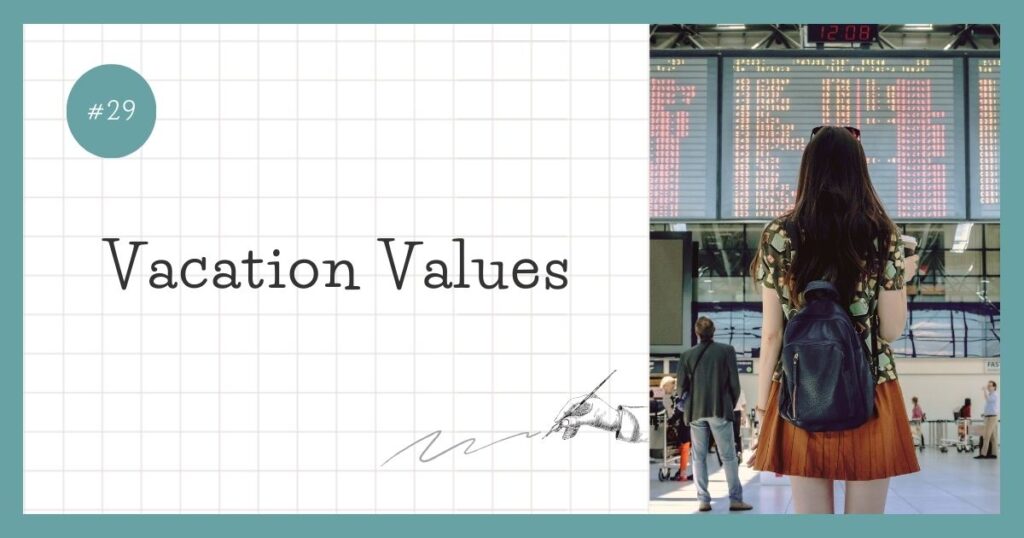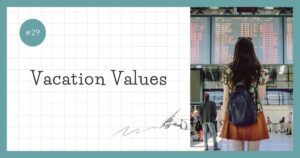
Japan’s youth are tired
According to the Japan Recovery Association’s “Fatigue Status Survey,” over 80% of Japanese are tired.
The figures improve from their 60s onward, probably because they are free from work, commuting, and other work-related stresses.
It is noteworthy that the younger generation in their 20s and 30s, who are often associated with the impression of being energetic, are noticeably more tired than the middle-aged and older generation.
It is hard to imagine a more stressful situation than that of middle managers, who are caught between bosses and subordinates, wives and children, and other people both inside and outside the company, but it is likely that they are constantly struggling with the unique concerns of digital natives.
Do you know the commercial for Daiichi Sankyo Health’s nutritional drink “Regain” that was popular in the midst of the bubble economy?
The catchphrase, “Yellow and black are signs of courage; can you fight for 24 hours?”
The “Moretsu” employees, who put their families and private lives second and worked hard for the company, were educated as role models for salarymen.
It was a time when one could call oneself a “corporate warrior” in the same way as the “Z fighters” of Dragon Ball or the “Bishojo Senshi” of Sailor Moon, although it was nothing to be happy about.
Mores and Efficiency
The Showa era has given way to the 2025 era, and now, under the banner of work style reform, efficiency rather than Moretsu is being loudly called for.
The importance of a work-life balance that values time for family and hobbies, rather than a life centered on work, such as staying up all night or working on holidays, is probably more important than ever.
The other day, I heard a story about a problem employee who refused to work overtime even though the deadline had passed, and even went so far as to take a series of personal holidays with pay.
He felt bad about not being able to meet deadlines, but he was unable to coordinate his drinking and traveling with friends because it had already been scheduled.
Perhaps this employee is equating work with drinking and travel, but the work of the employment contract should have a higher priority.
Even today, when “workplaces where scolding is not tolerated” have become common, it would be a good idea to have employees choose between “efficiency” and “Moretsu” as their working attitude under their employment contracts.
If they are able to complete their work on schedule, they should be evaluated on the basis of their performance, not on the hours they work.
“Good job again today!”, “You’ve been working hard until late!” is not a proper supervisor.
The basic rule is to finish work before you get tired. If you have to work late to finish your work, it is because you are not competent enough.
The only word of praise is “You are very professional!” would be the only choice.
It would be a perfect compliment to someone who never knows when they are working, but always delivers results by the deadline.
With this style, it doesn’t matter how many paid holidays you take or how many hours you work in a day. The employment relationship depends on results.
On the other hand, if the employee does not produce the results expected by the company, regardless of the circumstances, he or she will be subject to severe conditions, such as a pay cut or a recommendation for resignation.
Toward the end of the year, documentaries are aired that closely follow professional baseball players and their families after they have been informed that they are no longer on the active roster.
In search of a new home, the players will try out for 12 professional baseball teams to showcase their abilities and decide whether they will be offered a job as a player or will have to take off their uniforms if they fail to fulfill their dreams.
In the near future, a program like a working person’s version of tryouts may be created, in which recruiters from various industries gather professional employees who have been advised to resign and have them present their businesses.
Those who feel that they want to work more efficiently, but not with all the results, should work with “Moretsu” in mind.
Of course, you don’t have to become a 24-hour war fighter by drinking nutritional drinks, but you just have to have a good balance between the two.
Normally, you should finish work on time and go to the gym or enjoy your hobbies, but when you are behind in your own work or your team members are in trouble, you should switch to “Moretsu mode” and work hard to the extent that you do not get sick.
Those who think, “Even if I work Moretsu mode, I’m still late for work…” need not worry.
Your colleagues around you don’t seem to care, and they are watching your work very closely.
If you switch modes and work hard, they will say, “You’re working hard! “Is there anything I can do to help?“
Even if you miss a deadline or a project fails, if someone is watching you, your reputation will not be diminished.
Japan, a vacation country
Whichever way they choose to work, “Why are over 80% of Japanese tired?“
According to Expedia’s survey, the paid vacation rate in Japan is 50% compared to France and Spain, where 100% of employees take paid vacations.
The Japanese people may feel guilty about taking vacations because they feel that taking time off would inconvenience their coworkers or because they are in a busy environment, making it difficult for them to ask for time off.
When I was a child, I could receive a “perfect attendance award” if I attended school for a certain period of time without missing a day.
Sachio Kinugasa, a key player in the golden era of the Hiroshima Carp, received the National Medal of Honor for playing in 2,215 consecutive games.
Both are great accomplishments, but the Japanese value of “never taking a day off as a virtue” is formed in childhood and reinforced in society.
It is time to separate “diligence” from “exertion,” and society as a whole should change its image of vacations.
While chatting over lunch about how to spend the May holidays, a new employee said, “I want to take a long vacation and relax, just like in Europe and the United States.”
While France, Spain, Italy, and other countries grant about 30 days of paid vacation per year and nearly 100% of them are used, the United States is not a country that enjoys such long vacations, with 19 days and 75% of the time.
In particular, the U.S. is a society where people work hard to increase their salaries in a thoroughly efficient manner, and non-professionals cannot afford to take vacations.
If you are thinking, “Japan provides 20 days of paid vacation per year and 50% of it is used, which is 5 days less than in the U.S. (= Japan is overworked!) You are wrong.
Japan ranks first in the world in the number of holidays, with 17, about 7 more than France or the U.S. This means that Japanese people currently have more holidays than Americans.
In other words, the Japanese are “fake worker bees” who currently take more vacations than Americans.
Furthermore, if we aim for a 100% paid vacation utilization rate, the number of annual vacations will reach 37 days, which is comparable to 40 days in European countries, and we will join the vacation kingdom.
“Japan is the best country in the world to enjoy vacations, depending on how you think about the concept of vacation!” I explained to the vacation-loving new graduates, who nodded their heads with a twinkle in their eyes.
I would like to know a little more about the daily lives of these young people who joined the company in April and who, although they must not yet be working in earnest, are so fatigued that they expect to be refreshed for an extended period of time.

